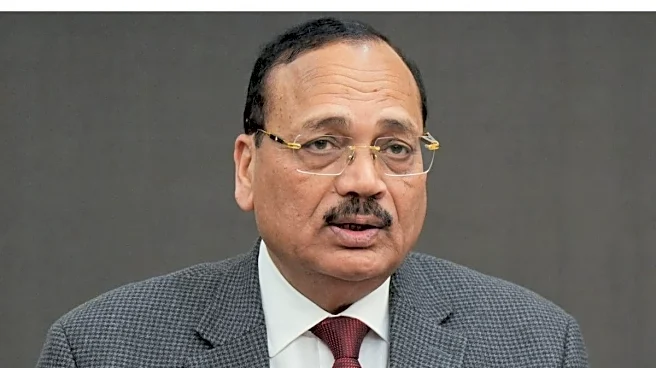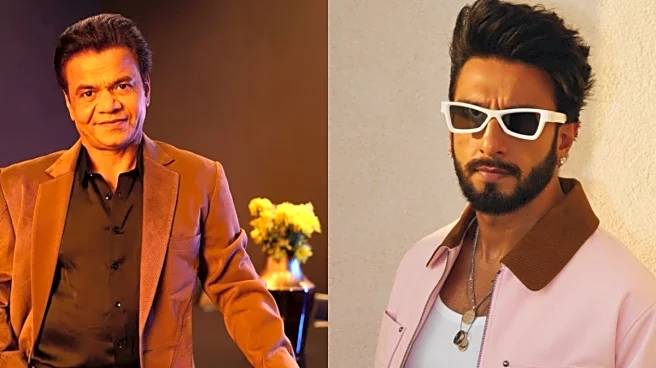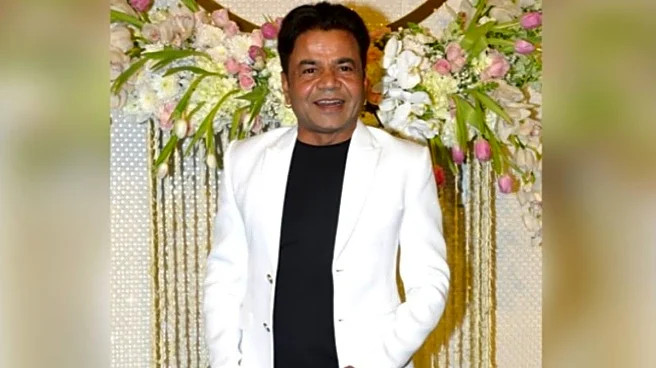Justice Surya Kant will be sworn in on Monday as the 53rd Chief Justice of India (CJI), beginning a 14-month tenure at the helm of the judiciary. President Droupadi Murmu will administer the oath at Rashtrapati Bhavan. He succeeds CJI Bhushan R. Gavai, who demitted office on Sunday after turning 65.
The President appointed Justice Kant under Article 124(2) of the Constitution, following the recommendation of outgoing CJI Gavai, who upheld the seniority convention in naming his successor.
Born on February 10, 1962, in Haryana, Justice Surya Kant began practising law in Hisar in 1984 before shifting to the Punjab and Haryana High Court. He handled a wide range of constitutional, civil and service matters and represented several universities, corporations,
banks and the High Court.
He became Haryana’s youngest Advocate General in 2000, was designated senior advocate in 2001, and elevated as a judge of the Punjab and Haryana High Court in January 2004. He later served as Chief Justice of the Himachal Pradesh High Court before his elevation to the Supreme Court in May 2019. Since November 2024, he has chaired the Supreme Court Legal Services Committee.
Speaking to the media ahead of taking charge, the CJI-designate said reducing judicial pendency would be his top priority. He said he would hold consultations with High Courts to identify challenges in the functioning of district and subordinate courts.
Justice Kant also said Constitution Benches of five, seven and nine judges would be constituted “in the next few weeks” to take up long-pending matters. He stressed strengthening mediation and other alternative dispute resolution mechanisms to ease the courts’ burden. Community mediation, he said, should be encouraged to address disputes between states and with the Centre.
On the use of AI in the justice system, he said it may help with procedural tasks but added, “Everyone wants their case to be decided by a judge.”
As of July 21, Indian courts are dealing with 5.29 crore pending cases, including 4.65 crore in district courts, 63.3 lakh in High Courts and 86,742 in the Supreme Court, according to National Judicial Data Grid figures.





/images/ppid_a911dc6a-image-177077043838376354.webp)










